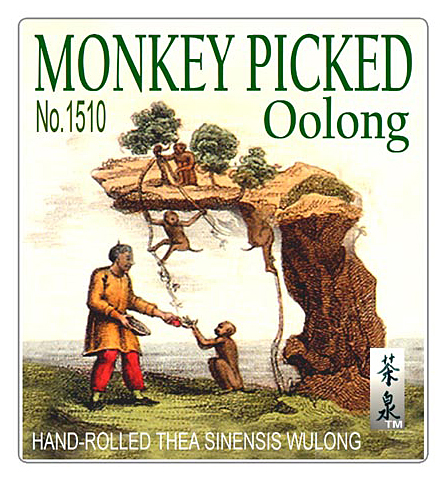
Over the past several years I have become enormously fond of drinking tea. My father used to drink tea each morning, and I remember as a boy joining him at breakfast with a cup. I didn’t really enjoy the tea, but I enjoyed sitting with him sipping Lipton’s and feeling grown up.
My mother discouraged soda drinking and all we had around the house was Canada Dry Ginger Ale and Quinine water. To my boyhood palate, neither was tasty and by young adulthood, soda held no interest for me at all. Lucky me.
My tea drinking days ended when I left home at eighteen and I rarely if ever drank tea. As the ‘60s and ‘70s arrived, chamomile tea became popular, as did a number of strange herbal teas. Lipton’s was banished along with the rest of the “never trust anyone over 30” accoutrements.
I never particularly liked coffee, and heavy caffeine does not agree with me at all. In short, my beverage of choice has most always been ordinary plain cold water. Some people I know can drink liquids just short of boiling; I don’t know how they do it. I have burned my tongue so many times I’ve lost count. Does the tongue get calloused? Someone must explain to me how to avoid burning my tongue while drinking boiling liquids. If you have insight on this, please let me know.
In any event, as I entered my fifties, I began to drink tea again – not boiling hot tea, but pleasantly hot tea. I began with green tea, and progressively found one favorite after another: gunpowder green, Japanese sencha and matcha, green and white blends. We must have 20 different boxes of tea in the pantry by now. But my absolute current favorite is a tea picked by trained monkeys.
Monkey Tea, as it is called, comes from China and in broken English the can says that the tea is grown on hillsides so steep that the delicate leaves can only be picked by trained monkeys. The front of the can features an illustration of an attractive white monkey with a long tail hanging from a branch by one hand, stuffing leaves with his other hand into a leather pouch hanging from a strap around his neck. He looks happy but well focused, and the research I’ve done on the web about these monkeys says they are treated like members of the family. Given how some members of the family are treated, this does not entirely reassure me, but all this is happening on the other side of the world, so I choose to believe that the families are sweet and lovely. Some websites say the whole story is sheer baloney, but the web is filled with cynics.
The tea itself is an Oolong variety, very dark and smoky with a complex finish. It has a slight tannic bitterness that I find rather pleasing.
When I mention my Monkey Tea to my tea-drinking friends they don’t believe me, so I show them the can. That stops them a bit, but then the comments begin about where monkeys scratch. I concede that highly trained and loved though they are, these tea picking monkeys most probably don’t wash their hands every time they scratch, but frankly, I prefer not to think about it.